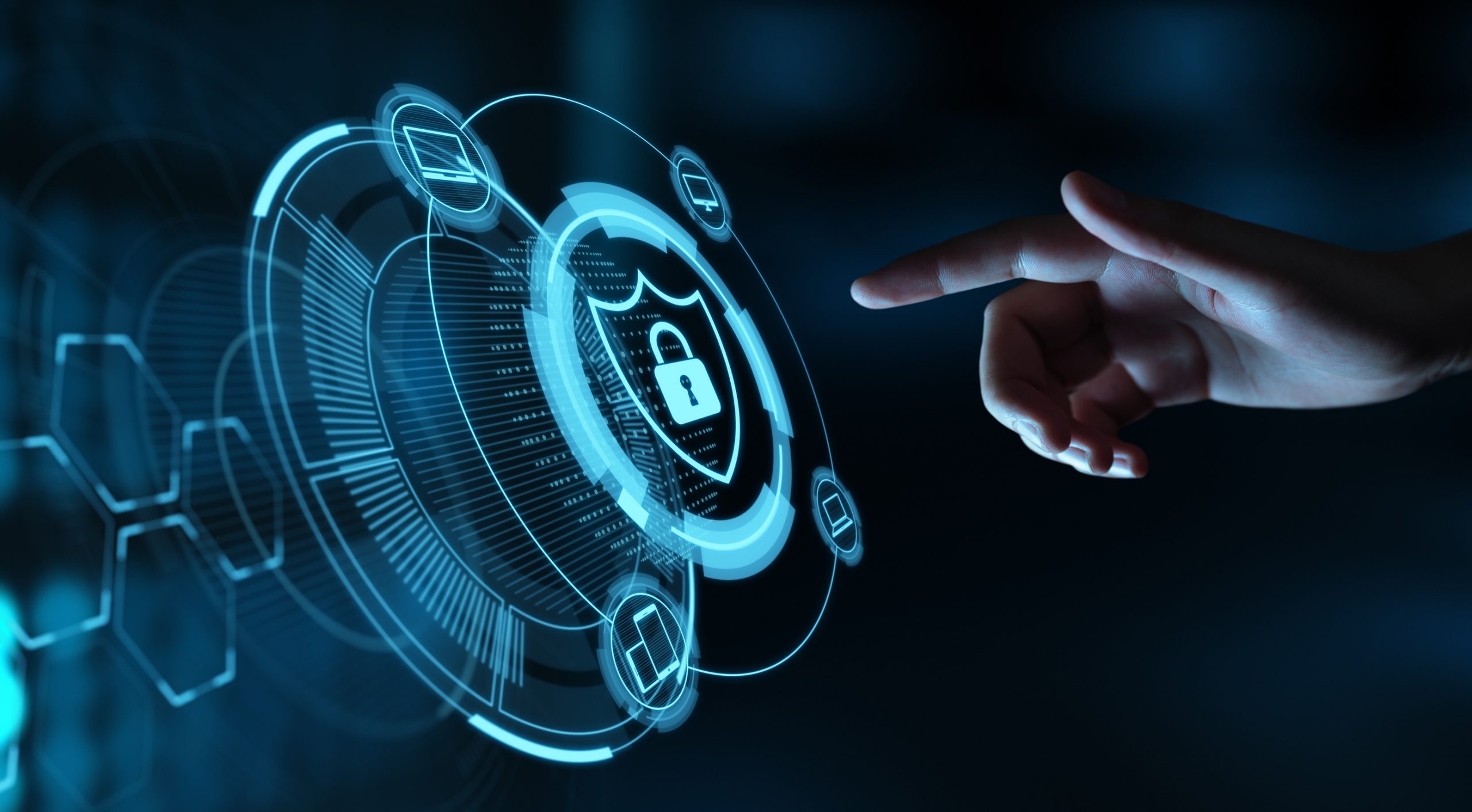Whether it’s to pay bills, order food or connect with friends, many of us rely on the internet daily. Since October is National Cyber Security Awareness Month, keep reading for tips to make your online transactions more secure.
Why Online Security Is Important The Pew Research Center reports that 64 percent of Americans have experienced some kind of data breach. Be it credit card fraud and compromised accounts or social media and email hacks, the majority of us are no strangers to the need for cybersecurity.
How to Protect Your Assets In our hyperconnected society, your personal information is under constant threat. To insulate yourself from major financial headaches or the need for cumbersome legal restitution, safeguard your accounts in the following ways:
Be cautious when connecting to public Wi-Fi networks. These hot spots may be convenient, but they can also make you a target. Make sure to log in to sensitive accounts like your financial institutions at home or using a personal hot spot to keep your information safe.
Keep up with security software updates. Defending against malware and viruses is a huge part of avoiding a breach. Your mobile phone, web browsers and even apps are susceptible to foul play without up-to-date anti-virus and anti-spyware software, so keep them current.
Create secure passwords. Each account should have a different password that is a unique combination of numbers and letters. Passwords should also be at least eight characters long without repeating.
Watch out for phishing attempts. Phony emails or calls that appear as though they’re from your bank are sneaky ways crooks attempt to solicit personal information. Always carefully assess communications to ensure you don’t unwittingly give your account numbers to a thief.
A few simple precautionary steps can help keep your information secure while giving you greater peace of mind.


